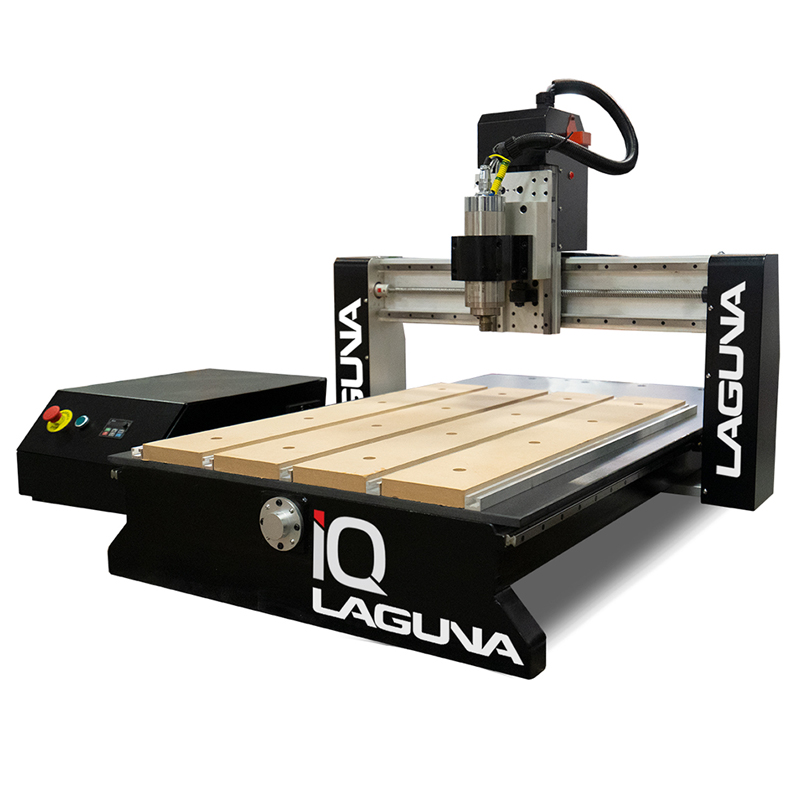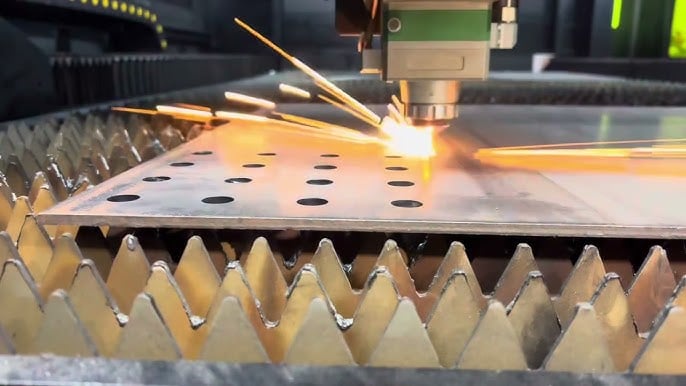Are you considering upgrading your workshop with a machine that can make your projects quicker and easier than ever before? If so, a CNC router may be exactly what you are looking for.
Whether you are new to the woodworking or are a seasoned hobbyist, you may be considering upgrading your workshop with a CNC router.
This can be a big decision, as there is a wide variety of sizes, prices, and capabilities to consider before you make your purchase.
Narrowing down your options can depend on the practical purposes that you want to have a router for.
Today we are taking a closer look at what the top hobbyists in the field use their CNC machines for and in doing so we hope to make your decision just a little easier.
Smaller CNC Machines For Smaller Projects
When you are shopping for your router, the first and most important discerning factor may just be the size of the machine. The most diminutive of the CNC router family goes a long way to prove that bigger doesn't always mean better.
When you are performing delicate work on projects like ornaments, for example, the smaller machines may actually be ideal for the detail work. Larger machines are usually intended to cut similarly large sheets like full-size plywood.
As they take up more space in the shop, they may also limit your elbow room in your workspace. Room to move can be essential when you are trying to safely perform detail work.
Top-sized machines can also make it difficult to work close to the cut, and you may notice too late that your perspective is different when you are not able to observe the cut closely.
Keep The CNC Features In Mind
The individual features of a CNC router can make a huge difference. When you are deciding what to add to your workshop repertoire, consider what you need the most.
Are you specializing in a specific form of woodworking, such as medium-sized to large furniture, or do you want to keep your options open to perform any project that occurs to you?
There is such a wide variety of projects that you could tackle, but the CNC router that is ideal for furniture parts may not be as useful to someone who makes musical instrument components. For example, some projects are all but impossible to complete without a router with multi-axis capability.
It is also important to consider the extent to which you want to be able to manually direct the action of the router. Some fully programmable models will have the oversight of not allowing for manual working options.
This brings us to the most important consideration you should make before making such a large purchase: Is a CNC router compatible with you as a woodworker?
You might be surprised to discover that the use of these wondrous devices may be more controversial than you thought.
The Amateur Vs Professional Debate
Does using a CNC router in your workshop make you a professional? As CNC routers become more affordable and are showing up in personal workshops instead of large industrial settings, there has been a debate among some professional woodworkers if craft projects performed with CNC routers are true representations of the woodworking hobby or rather examples of professional work.
This question is significant because while hobbyists are woodworking for fun rather than profit, CNC routers can significantly reduce the investment of both time and money that is required to create a homemade project.
In other words, a pursuit that is meant to be a pastime doesn't quite pass the time as fully as crafting with hand tools in an artisan fashion. Critics insist that the CNC router also requires less skill and creates a more manufactured final product.
Proponents of CNC equipment in the woodworking point out that power tools have been an essential part of the woodworking for decades and not all hobbyists have as much time or as many financial resources to devote to their projects.
The History of CNC Routers In Woodworking
This debate has been raging at least since the early 1980s when the use of man-made manufactured materials became more prevalent within woodworking. When working with these delicate materials such as plywood and laminate, the precision of machine cutting became essential.
Not only was cutting with traditional tools potentially damaging to these materials, but their flexibility also made certain steps in the woodworking process redundant or unnecessary.
This caused a bit of a schism between those who considered themselves woodworking purists and those who saw the integration of manmade materials as a natural extension of the further development of the hobby in the modern age.
In recent years, the question of skill has become more of a point of contention. The fact is that not all woodworkers are as interested in boasting of their skills as they are in expressing their creativity using every method that is available to them.
What Is Your Goal?
What do you want to do with your woodworking skills? Do you just want to create sturdy furniture and decorations for your home or do you have other plans?
There are many ways that you can make your woodwork productive and satisfying, including showing your work at craft fairs or even selling some of your pieces.
While your hobby may never spring into a full-fledged business, a CNC router in your workshop may give you the capacity to create more projects within a year or even take custom orders from friends, family, or customers.
It is up to you to decide if a router will be right for you, but if you are on the fence feel free to visit our online store and check out some of the great features of our equipment such as the LAGUNA CNC TURNER.
Your woodworking approach is yours alone, and you shouldn't let anybody tell you what "real" woodworking is. Use everything that is available and create the work that satisfies you personally and professionally.




